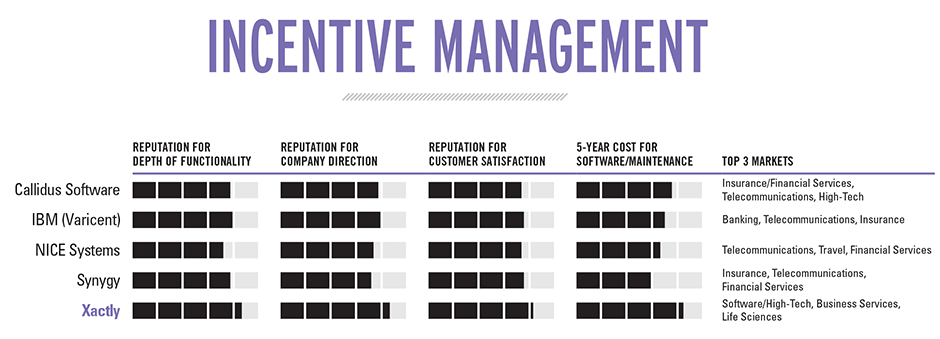

Meanwhile, the promise of high-powered incentives increased the detection of bad applications by 11 percent, thus boosting the profits per originated loans by 3 percent. The researchers found that incentive schemes based solely on origination resulted in a 16 percent increase in lending compared with a high-powered incentive scheme, and reduced profitability by 5 percent. In addition to the quality of the decision, the researchers measured the participants' screening effort, their personal assessment of an application's riskiness, and whether the participants decided to issue the loan.Īt the start of each session, before evaluating the applications, participants were assigned to one of the aforementioned incentive schemes, such that some incentives came with bigger rewards or penalties than others. In this way, the researchers could determine whether they made good decisions without the benefit of hindsight. But for the purposes of the experiment, participants had no information other than the data in the original applications. Participants were asked to evaluate six applications per session, rating applications on personal, business, management, and financial risk before granting or denying the loan.īecause these applications had already been processed in real life, the researchers knew whether each one had been accepted for a loan, and which of the accepted loans had eventually defaulted. The researchers then recruited 209 experienced loan officers from several leading private-and public-sector Indian commercial banks to participate in up to 15 loan assessment sessions. So we were interested in studying this small business segment, which is difficult to lend to but could potentially have a large impact." "But they often find it hard to get access to financing because they lack the large amounts of collateral that banks typically require. "Small businesses in emerging markets are thought to be among the large engines of employment and economic growth," Cole explains. Loan officers often end up relying on qualitative information and intuition, all the while knowing that these loans may be vital to the nation's economy.

As is common in emerging markets, many residents have no personal identification documentation, let alone a credit score. They acquired the loan files from a large commercial lender in India, a country challenged by a dearth of verifiable financial data. To begin, the researchers collected a random sample of actual applications from entrepreneurs seeking commercial loans for the first time. In an experimental field study, the researchers set out to test the efficacy of three distinct incentive schemes for employees in charge of assessing risk and issuing loans: the origination bonus (in which officers are rewarded a commission for every loan issued) the low-powered incentive (in which officers receive small rewards for loans that perform well and small penalties for loans that perform badly) and the high-powered incentive (in which officers receive big rewards for issuing loans that perform well, but big penalties for loans that default). More surprisingly, they found that incentives actually have the power to distort loan officers' perceptions of how a loan will perform. Not surprisingly, the authors found that loan officers were more judicious about issuing loans when their bonus incentives were tied to whether the loans performed well. In a new research paper, coauthored with World Bank economists Martin Kanz and Leora Klapper, Cole explores how various performance incentives affect lending decisions among bank loan officers. And when their firms lost a lot of money, bonuses could not readily be reclaimed by investors in the firm who lost money." "A frequent criticism of bankers in the recent crisis is that they took a lot of incentive pay in the years leading up to the crisis. Cole, an associate professor in the Finance Unit at Harvard Business School. "The question of incentives is fundamental to economics," says Shawn A.

“The question of incentives is fundamental to economics.” But new research suggests there was something at work beyond simple greed, setting the stage for deeper exploration of how incentives shape not only what we do, but also how we perceive reality.

Many of these frontline workers were motivated by bonuses and other incentives to approve quantity over quality. Among the culprits contributing to the recent financial crisis were bank loan officers who approved mortgage loans that were doomed to fail.


 0 kommentar(er)
0 kommentar(er)
